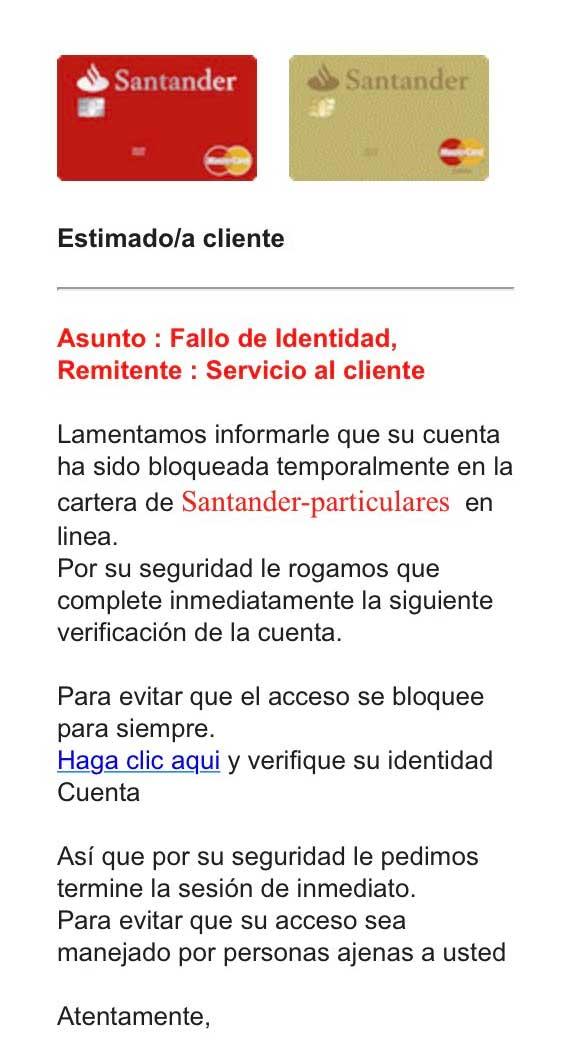On more occasions than we would like, we receive messages and notifications on our mobile that in the end turn out to be a scam or at least an attempt. Usually these refer to communications about our bank, purchases, postal packages or security breaches that turn out to be false.
It must be taken into account that it is increasingly common to receive notifications of official statements through our mobile. This is something that has spread to a great extent after the pandemic that we have been through in recent years. However, we must keep a sharp eye to distinguish scams from the real notifications we receive. We tell you all this because now that we are approaching the end of the year, some banks are going to send you an important message in the form of SMS or notification to the device.
The truth is that, at first, and due to its body, we might think that it is a scam, since it is very similar to other hoaxes that we receive throughout the year. But in this case we should take this message more seriously because if we discard it we could lose access to our bank accounts. Specifically, we are referring to the request that our bank could make to us at this time in order to update our personal data stored by the entity.
With all this, what is intended is to avoid financial fraud and money laundering and in this way to know what our professional activity is. In some of these entities, the request to which we refer is called FIOC or Mandatory Customer Information Form. This is a request that our bank can ask us for on these dates every certain number of years.
Risks of not updating bank details
It is worth mentioning that we have the possibility of updating this data of our professional activity, both in person and through the mobile application. One of the main reasons why we may think that this notification that we suddenly received is a scam, is precisely because of the risks that it tells us that we can take. And it is that in the case of not updating these bank details that our entity requests from us over the next few weeks, our bank accounts could be blocked.

This means that we would not have access to operate with them and, for example, we would not be able to get a single euro of our money. And it is that we must take into account that all this is part of the plan of many banks for the prevention of money laundering. Precisely for this reason, periodic documentation review is established. At the same time, it is important to know that all of this is something that can be requested of us even if the client’s risk profile is low.
In addition, these requests are also common among those customers who do not usually maintain a regular relationship with the financial institution. It must be said that this regulation against the prevention of money laundering was approved in 2010. Initially, it forced customers to deposit a copy of their ID in the bank. In later years, data about our professional activities have been requested, as is written, for example, in the case of the FIOC mentioned above. This means that, if we do not want to have blocking problems with our accounts, we should provide or update this information to our bank as soon as possible.














